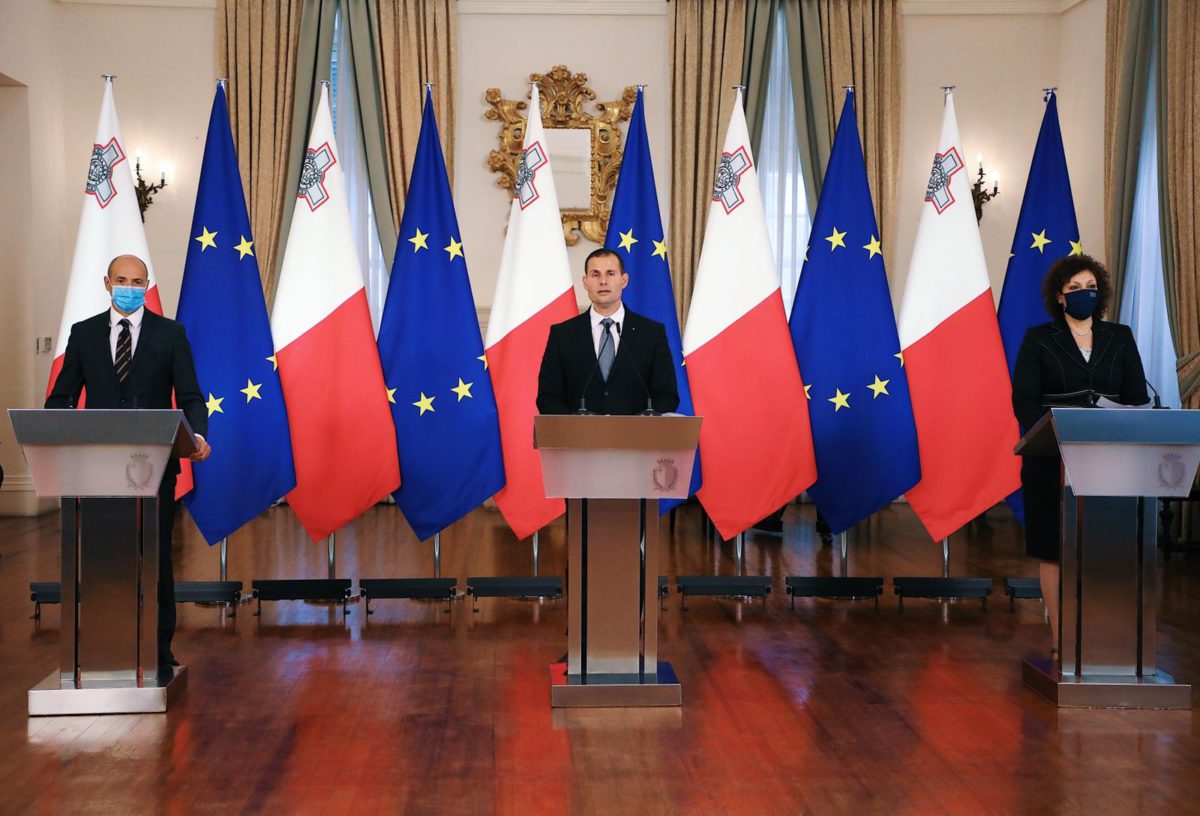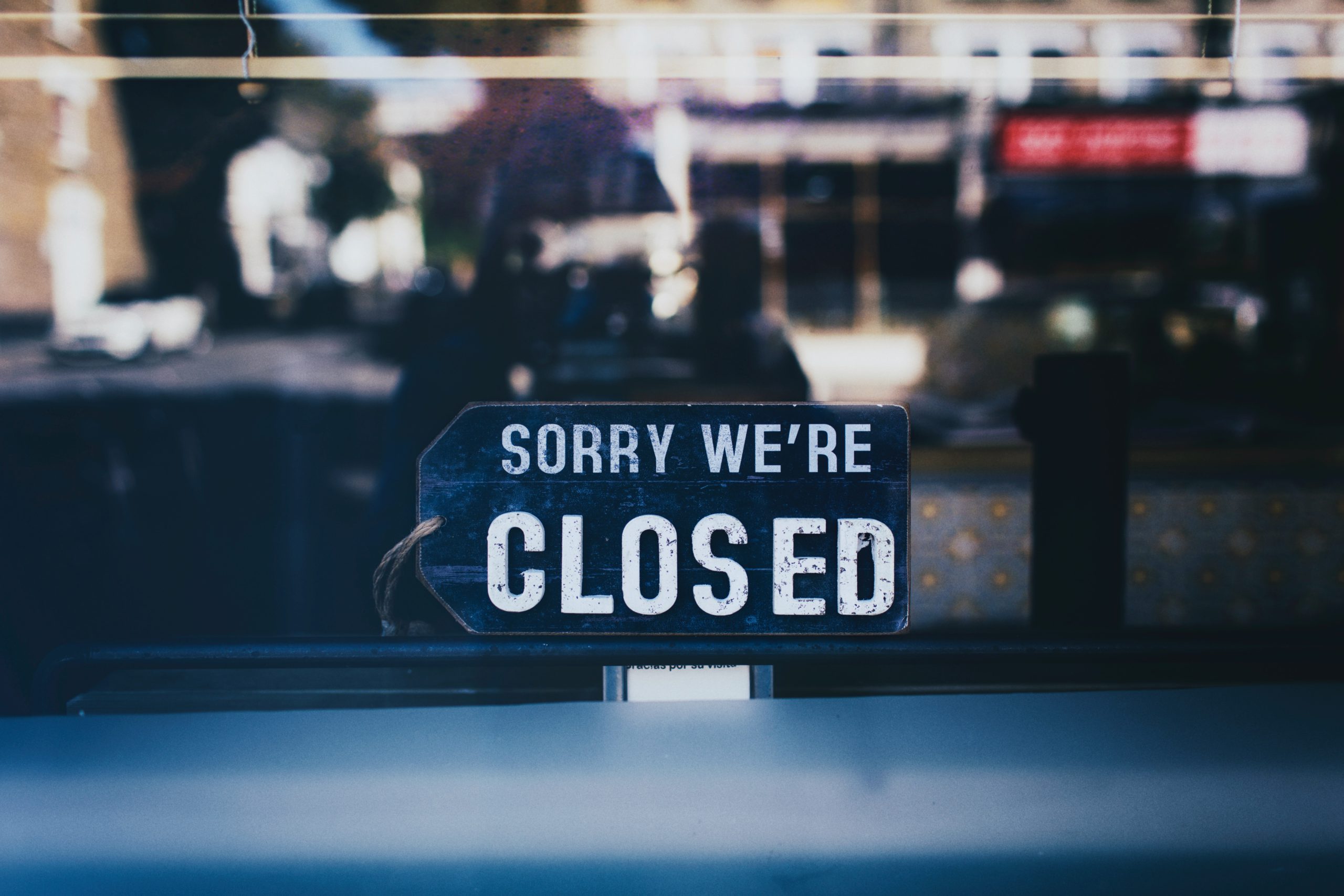At a press conference addressed on Thursday afternoon, Prime Minister Robert Abela announced wide-ranging COVID restrictions to come into effect from tomorrow, 5th March, until 11th April.
Restaurants, snack bars and kiosks will only be permitted to serve take-aways for this period. Incentives will be introduced for restaurants wanting to shift operations online, while the full wage supplement will be introduced for this category.
The wage supplement will not be implemented in accordance to the 2021 version, based on turnover, but rather on the original full wage supplement provided in 2020.
Restaurants inside hotels, accommodation and guest houses may only serve residents in-house.
Bars and nightclubs will continue to remain closed until 11th April and have been closed since end October.
Fines for breaching this regulation have been increased from €3,000 to €6,000.

Mass events of a commercial nature where current restrictions are not observed will also see fines increase from €3,000 to €6,000. Currently, such commercial events are limited to 100 inside and 300 outside, among other restrictions.
Mass organised events will be banned, except for weddings and religious services. While the difference between mass events of a commercial nature and mass organised events has not been made clear, it is assumed that events such as protests, marathons, charity events (which are not of a commercial nature) will not be permitted until 11th April.
The measure introduced in February which limits the number of people to gather inside holiday accommodation in accordance with the number of bed spaces has been reintroduced.
A maximum of four housesholds will be permitted to mix inside private residences, with a €100-per-person fine to be levied for non-observance of this measure.
From Monday, a directive for public sector workers to work remotely will be introduced, while the private sector has been urged to do the same.
The first week of March marked a grim turning point as Malta continued to grapple with the ongoing ‘second wave’. Between 1st and 4th March alone, Malta registered 946 new cases of COVID-19, with the total number of active cases reaching 3,128 on Thursday.
The closure of bars was extended through March, with Malta’s bars and clubs having been closed since end October. Restaurants have had their 11pm February curfew lifted to a midnight closure.
At the start of the year, Dr Abela had commented that he expects economic recovery to pick up pace in March, as he called for the public to be extra vigilant throughout February. With consistently rising daily transmission rates, this expectation has failed to come to pass.
With rising concern about the pace of recovery, especially for the usually busy summer moths, the Malta Hotels and Restaurants Association, the Association of Catering Establishments, and other business leaders have called for stricter enforcement of current measures.
255 third-country nationals ordered to leave Malta in first quarter of 2025
Returns across EU rise, but Malta’s numbers remain modest
Inbound sea tourism dips by 2.3% in early 2025
The overall outlook for Malta’s tourism sector still remains optimistic
Transport Malta tight-lipped on enforcement plans for white taxis and coaches
Uncertainty also remains over the technology used and how enforcement will be applied






